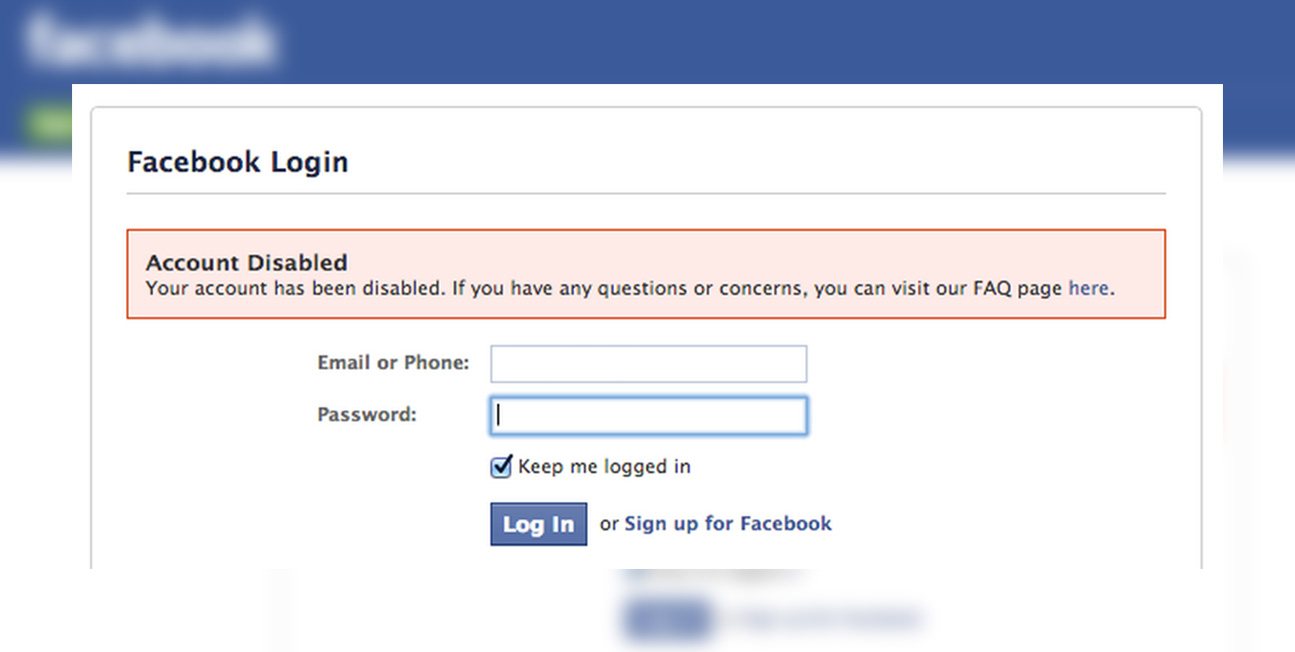Politics April 12, 2017


Hundreds of sex offenders across America are using Facebook despite its policy prohibiting them, an investigation by news website Circa found.
The alarming results come just ahead of the Supreme Court’s decision in Packingham v. North Carolina. The case weighs the free speech rights of sex offenders.
See, according to Facebook’s policy convicted sex offenders are not allowed to use the site. The rule hopes to facilitate a safe and open environment.
But is that fair? Banning someone’s use of social media sites, like Facebook, could be considered a breach of freedom of speech. Attorney Janice Bellucci takes the controversial side of the sex offender, working with the Alliance for Constitutional Sex Offense Laws.
“We need to, as a society, protect those constitutional rights even if we don’t necessarily like those people,” she says. And she makes a good point. Don’t get me wrong – I’m not inclined to feel badly for a registered sex offender. That’s a heinous crime and it deserves punishment.
But looking at the legality of the ban – it does seem unconstitutional to hinder free speech. And as Roger – a registered sex offender who chose not to disclose his last name while speaking with Circa – points out, it’s a rule that doesn’t seem to apply to other criminals.
It has been 26 years since his conviction, and records show that he has not reoffended. However, he technically still cannot use Facebook. “Why should we be the only class of offenses that are never given a second chance?” he asks.
It’s a touchy subject, because I get it – who’s going to feel sorry for a bunch of sex offenders who can’t use social media? Crimes like drug possession can result in longer sentences, but those convicted do not receive a guaranteed ban like sex offenders do.
And to be fair, the potential harm of a sex offender being on the same networking site as vulnerable children is obviously greater than that of a robber or drug dealer. Stacie Rumenap of advocacy group Stop Child Predators thinks that’s an important distinction. “Our kids aren’t safe when we have known registered sex offenders as users,” she says.
But for previous offenders like Roger, it still feels unfair. “We’re ordinary people who’d made a very, very serious mistake. And we’ve paid for it. And we just want the chance to be a part of society again and not be treated like outcasts,” he says.
Whether the Supreme Court will give them that second chance remains to be seen.